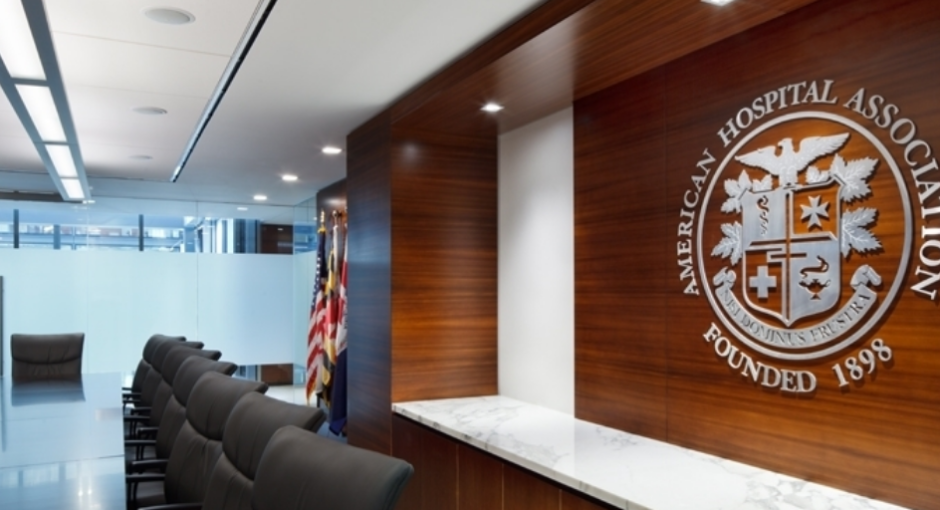The American Hospital Association wants to discuss with U.S. Health and Human Services Secretary Xavier Becerra how 340B hospitals should be promptly repaid “for all of the years (2018-2022) in which the Centers for Medicare & Medicaid Services (CMS) illegally cut” the hospitals’ Medicare Part B drug reimbursement.
AHA asked for the meeting in a letter dated June 23 and released June 28. The association sent it about a week after the U.S. Supreme Court’s unanimous decision that the cuts during 2018 and 2019 were unlawful.
How to unwind the cuts if the decision went the hospitals’ way was always going to be a conundrum. The money that CMS saved—an estimated $1.6 billion per year—was redistributed among all hospitals in non-drug payments under the outpatient prospective payment system (OPPS). The sums for 2018 through 2021 presumably have been spent, and 2022 already is half over.
CMS explains that it must run OPPS on a budget-neutral basis. Making the 340B hospitals whole for reimbursement losses would require making offsetting cuts somewhere else in OPPS, CMS says.
The federal district judge who originally declared the cuts illegal and sent the matter back to HHS for resolution acknowledged the problem. If CMS retroactively raised payment rates for 340B hospitals, budget neutrality would require retroactively lowering rates for other Part B products and services, he said. ‘‘And because HHS has already processed claims under the previous rates, the Secretary would potentially be required to recoup certain payments made to providers; an expensive and time-consuming prospect,’’ the judge wrote.
Crafting a remedy is ‘‘no easy task, given Medicare’s complexity,’’ he said.
AHA said in its letter to Becerra that the Trump administration “mistakenly took the position that HHS is required to maintain budget neutrality when determining the appropriate remedy.”
“That position would mean that some hospitals will be forced to pay back money spent years ago—including during the COVID-19 pandemic—because the federal government made a legal error,” the association said. “Hospitals should not have to pay for the agency’s mistakes. Instead, this Administration should take the sensible (and legally correct) position that budget neutrality is not required when a court—here, all nine Justices of the Supreme Court—concludes the agency violated the law.”
AHA also said HHS should not rely on CMS’s controversial 2020 survey of 340B hospitals’ drug acquisition costs “to support any future reimbursement cuts.” The survey was fundamentally flawed in design and concept, the group said. “Reliance on the 2020 survey would be an improper means to an improper end,” it said.
“The unanimous Supreme Court decision made it unmistakably clear that the prior Administration took unsound legal and policy positions, and we hope that you will work with us to ensure that hospitals and health systems receive the funding to which they are entitled,” AHA said. “We are confident that we can work together to assure a fair and equitable resolution of these issues, which have already taken far too long to resolve, at great cost to the entire hospital field.”


